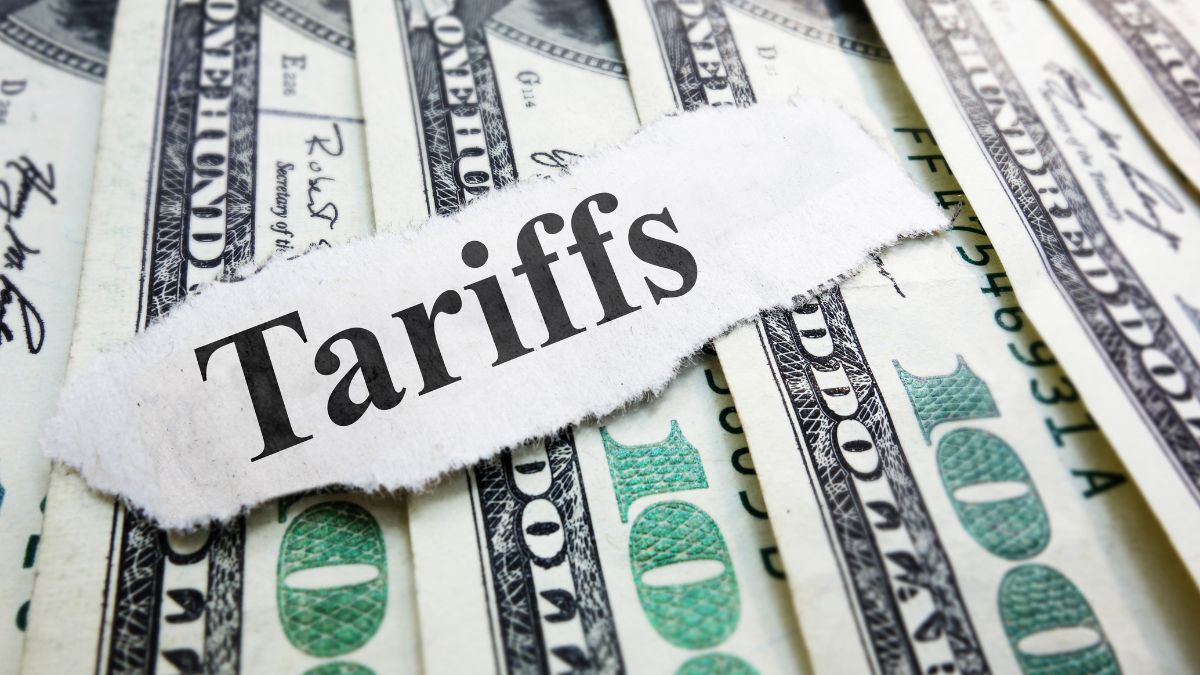
Amid a tense trade situation between Mexico and the United States, Secretary of Economy Marcelo Ebrard stated that the Mexican government has already fulfilled all the necessary steps to avoid the imposition of a 30% tariff announced by the Donald Trump administration. With only hours remaining before the final resolution is announced, Ebrard said he feels optimistic.
ALSO READ. Batman and Rambo actor Alon Aboutboul dies: Cause of death and net worth
During a press conference held at the “Mexico AI. Accelerated Investment” event organized by NVIDIA, Marcelo Ebrard revealed that talks with U.S. officials have been “very intense, complex,” but that his assessment remains positive. “We are just hours away from knowing how this stage will conclude. It would be premature to give you any data, I can’t do that, but my outlook is optimistic. However, we must wait for the decisions made by President Trump and his team,” said the Secretary.
Ebrard emphasized that the Mexican government has already acted according to its responsibilities: “Everything that Mexico needed to do has already been done. Now we have to wait today, tomorrow, and Thursday. My outlook is positive, let’s see what comes of it.”
What impact could the tariffs have on the economies of Mexico and the United States?
The threat of new tariffs is creating uncertainty in the markets. If they take effect on August 1, the 30% tariffs would affect key products in bilateral trade, such as beer, tequila, textiles, agricultural products, auto parts, and appliances.
Trade between Mexico and the United States, valued at over 1.8 trillion dollars including Canada, faces significant risk. In 2023, the U.S. imported 69 million dollars in automobiles and light trucks, and another 78 million in auto parts from Mexico. Additionally, agricultural imports surpassed 45 million dollars, while tequila imports totaled 4.6 billion.
What did Donald Trump say about the new tariffs?
President Donald Trump recently sent a letter to Mexican President Claudia Sheinbaum formally announcing the new tariffs. According to Trump, the measure responds to the alleged inaction of the Mexican government in curbing migration flows and fentanyl trafficking into the U.S.
“We will charge Mexico a 30 percent tariff on Mexican products sent to the United States, separate from all sector-specific tariffs. Products that are transshipped to evade higher tariffs will be subject to the higher rate,” reads the text from the White House.
Trump also reiterated that, although Mexico has collaborated on border security, it has not done enough to dismantle drug trafficking networks. His team said the decision is intended to pressure the neighboring country to intensify its security efforts.
What was Claudia Sheinbaum’s response to the tariff threat?
In her morning press conference on July 28, President Claudia Sheinbaum directly addressed the issue and confirmed that negotiations are still underway to prevent the tariffs from taking effect. “Friday is August 1 and we are still in talks, we are hopeful for a good outcome. We’ll wait this week for the results of the negotiations,” she said.
She also revealed that she discussed the matter during her recent meeting with U.S. Ambassador Ron Johnson and a group of U.S. congress members. “We discussed the policies we have in place and the effects that tariffs have on politics,” she added.
Can Trump’s tariffs be avoided?
U.S. Secretary of Commerce Howard Lutnick made it clear that there will be no extensions as in previous occasions. “No more grace periods, no more extensions; the tariffs are set for August 1. After August 1, people can still speak to President Trump; he’s always willing to listen,” he stated.
What’s next for the trade relationship between Mexico and the United States?
The outlook remains uncertain until Trump’s team announces a final decision. In the meantime, the Mexican government maintains its course of action: dialogue, compliance with agreements, and strategic preparation for a potential commercial setback.
Marcelo Ebrard concluded with a phrase that summarizes the current moment: “Everything that Mexico needed to do has already been done.” From now on, the next chapter in the bilateral relationship will depend on the direction taken by the White House’s trade policy.
International attention is focused on Washington. What is decided there in the coming hours will not only affect two neighboring countries but also the economic balance of all North America.
👉 Follow us on Google News.








